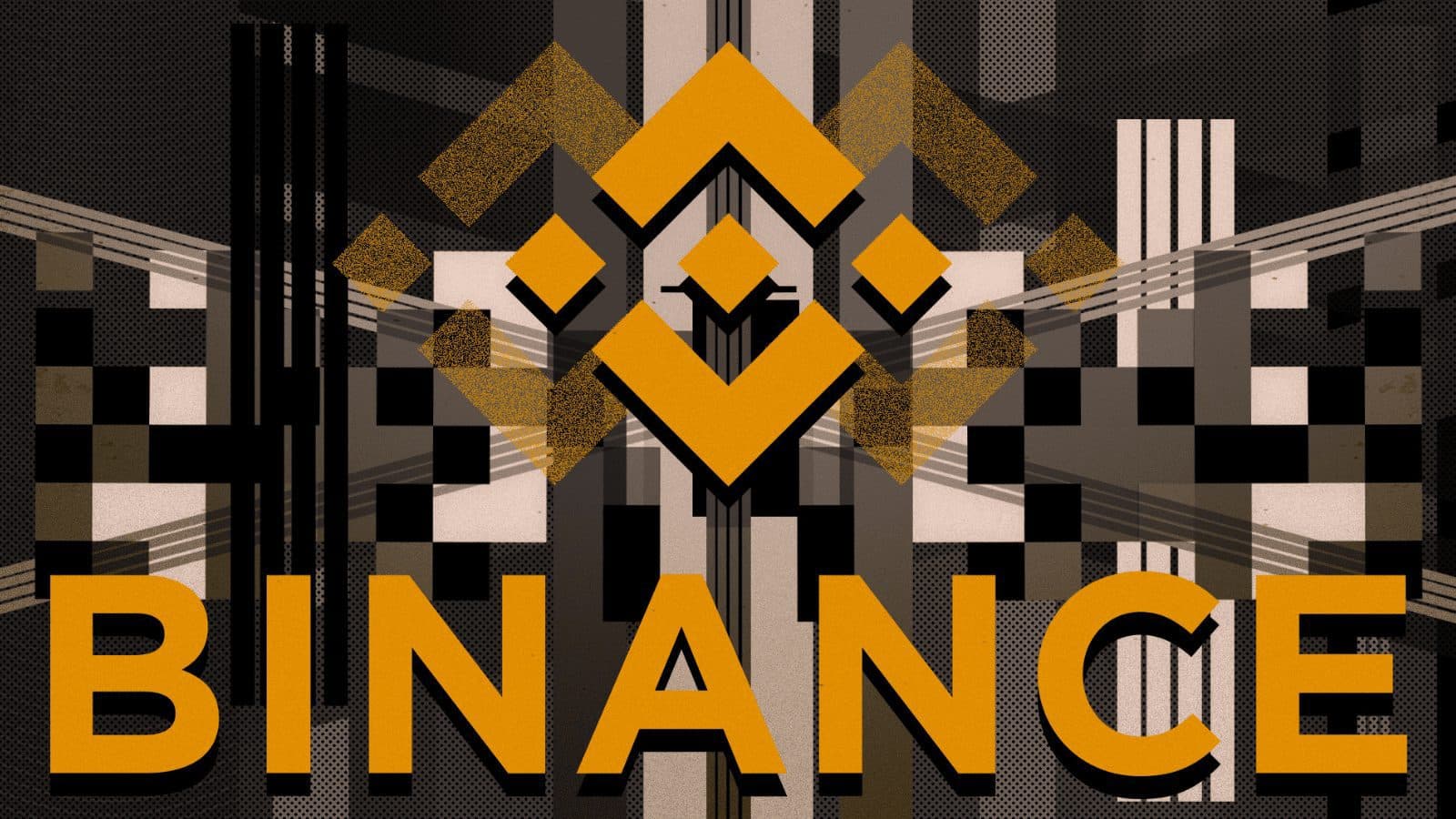Binance.US Inches Closer to Approval in All 50 States
Three years after its launch, Binance.US is one state closer to reaching US-wide approval, but regulatory hurdles remain

Blockworks exclusive art by axel rangel
- Binance.US is now available in Louisiana, making the exchange accessible in 45 states
- Different states require different licenses from various regulatory agencies, making approval a lengthy process, Binance.US said
Three years after the founding of Binance.US, customers in Louisiana can now access the exchange to buy, sell and trade cryptocurrencies. Binance.US, the United States partner company of headquarter-less crypto exchange Binance, is now available in 45 US states.
Residents of Hawaii, Idaho, New York, Texas and Vermont will have to continue to wait to access Binance.US services.
“Each state, including Louisiana, has a unique set of requirements, and we are working to ensure that we will ultimately be able to operate in all 50 states,” said Sidney Majalya, chief risk officer of Binance.US. “We’re thrilled to offer our services in Louisiana, and like other states, look forward to working with state officials to demonstrate our compliance first mindset.”
In March, Wyoming became the latest state to be removed from Binance.US’ restricted list. The hurdles to launch across the US have been substantial, with each US state requiring different licenses to be issued by various state regulators.
In Connecticut, where Binance.US launched services in January, the exchange needed to obtain a money transmission license from the Connecticut Department of Banking. In Georgia, Binance.US had to secure a seller of payment instruments license from the Georgia Department of Banking and Finance.
Due to increasing regulatory constraints, Binance first banned US customers in September 2019 and announced the creation of Binance.US through a partnership with BAM Trading Services.
Customers in approved states had to complete more rigorous know your customer (KYC) rules to access Binance.US than Binance previously required, including having to upload photos of a valid ID and provide social security numbers.
Given that other US-based centralized exchanges have similar requirements, at least in recent years, demand for Binance.US remains strong, Majalya said.
“We’ve seen strong demand in Connecticut and elsewhere thus far in 2022,” Majalya said. “While it’s too soon to make demand projections for Louisiana, we expect that our low fees and differentiated user experience will continue to attract loyal customers across the country.”
Majalya and a spokesperson for Binance.US could not provide information about when the remaining five states might get approval.
“The company currently operates in 45 jurisdictions across the United States and is working closely with the remaining state regulatory agencies to secure approvals, so it can offer its services across all 50 states and territories,” Binance.US said in a statement.
Get the news in your inbox. Explore Blockworks newsletters:
- The Breakdown: Decoding crypto and the markets. Daily.
- 0xResearch: Alpha in your inbox. Think like an analyst.






